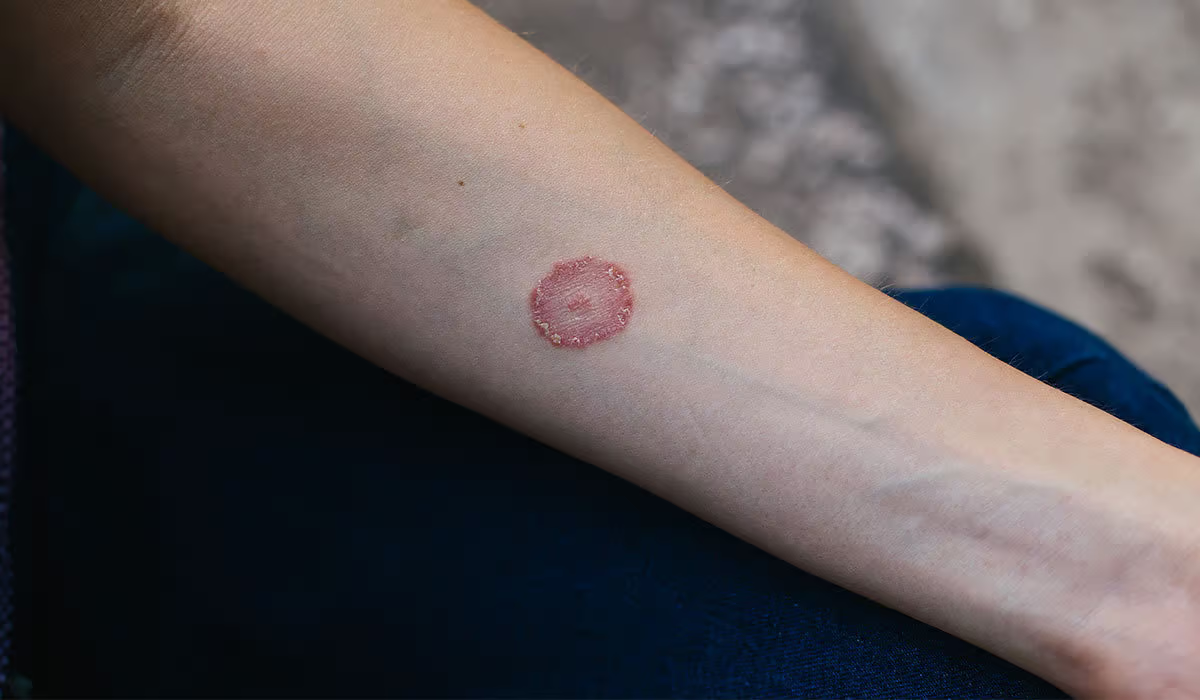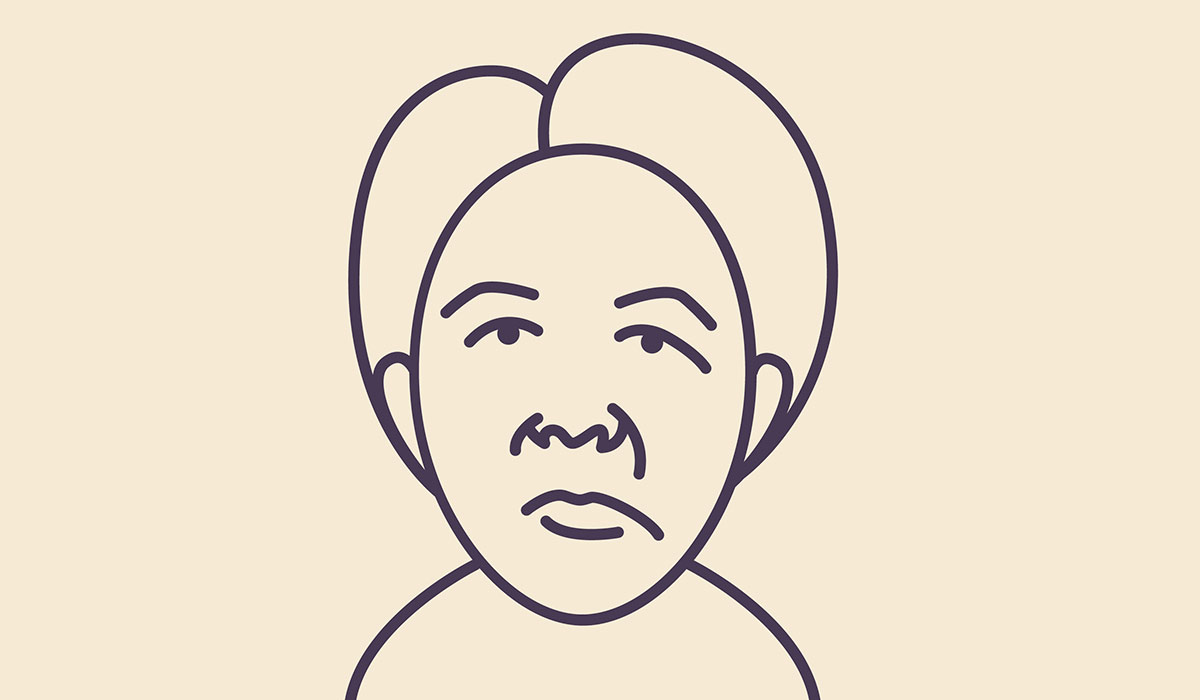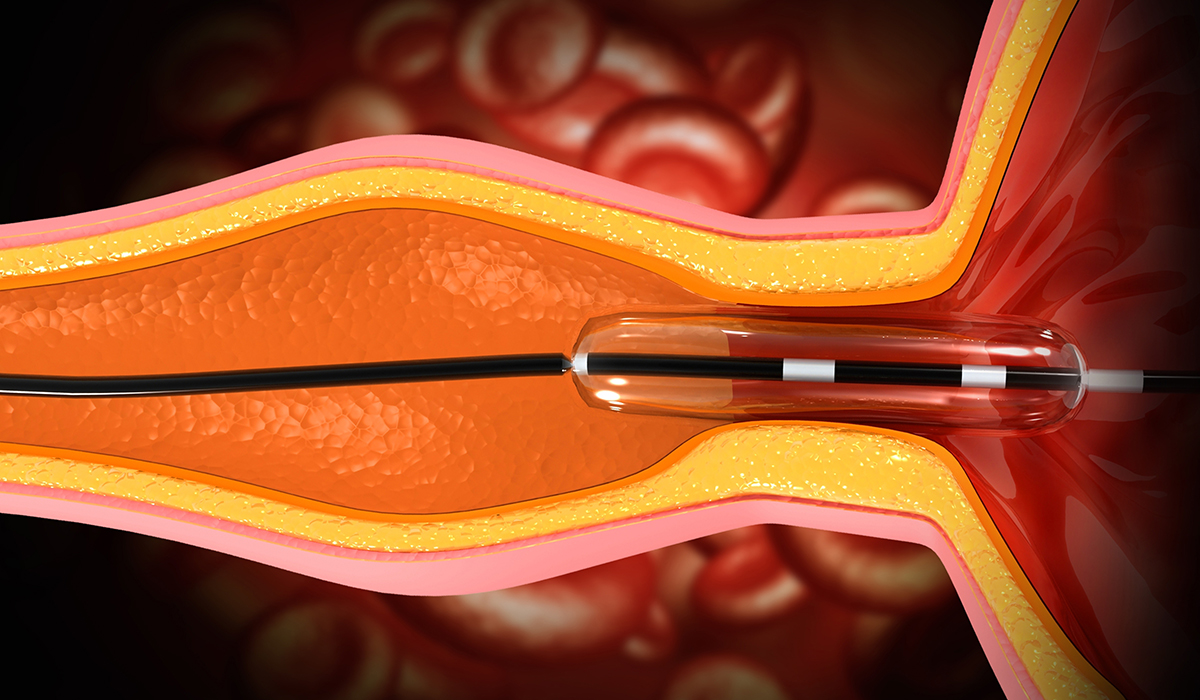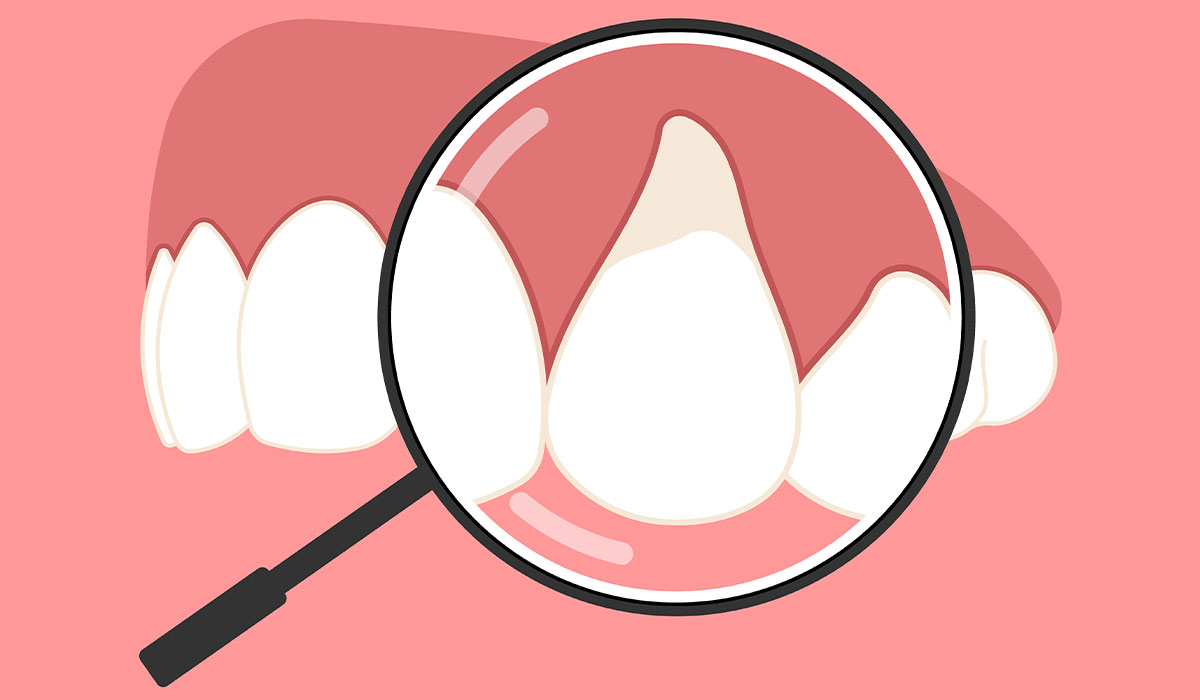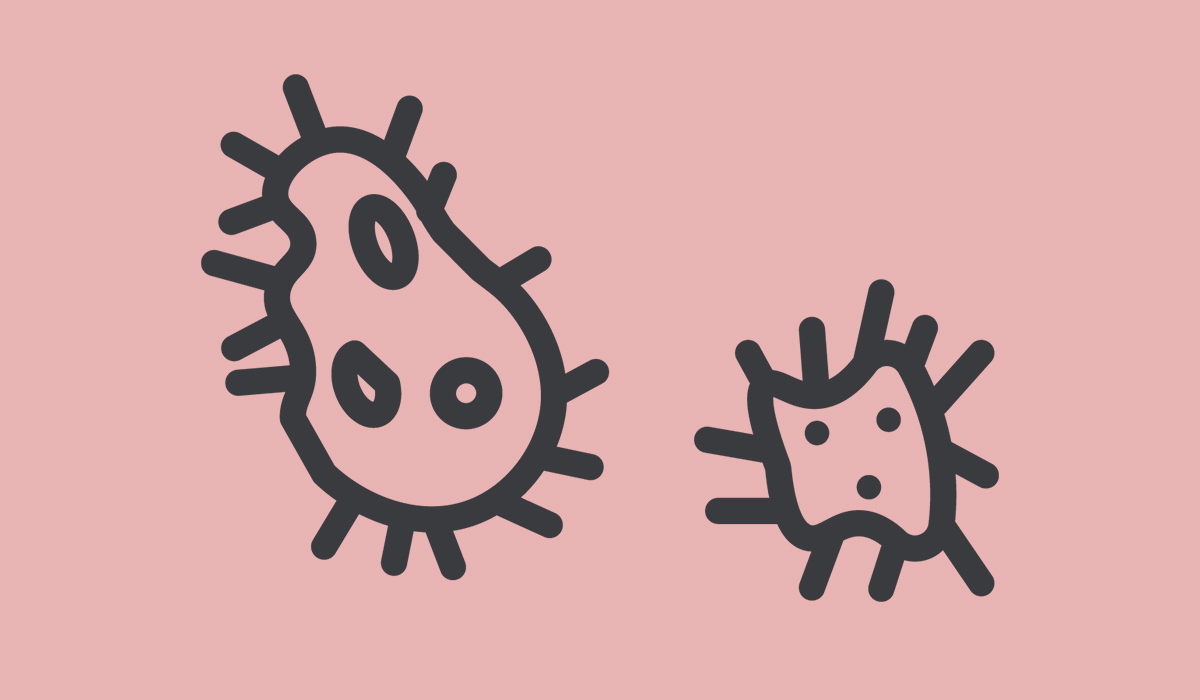Usually, it is a symptom of a gastrointestinal infection. If so, it can be caused by a variety of organisms. The condition can be spread through contaminated food or drinking water or from person to person due to poor hygiene practices.
Interventions to prevent diarrhea can reduce the risk of the disease. That includes:
- Access to water that is safe to drink,
- Better sanitation,
- Hand washing with soap.
Diarrhea – Diagnosis
Tests carried out in the diagnosis include:
- The subjective examination is an interview with the patient, during which the doctor obtains data on this condition, previous procedures, or the presence of the disease in the family. The specialist also asks about the appearance of the stool.
- Physical examination – during this examination, the doctor evaluates the patient’s lymph nodes, spleen, and liver and whether there are any changes around the anus. For example, if there are no fissures or abrasions in the anus area. Also, the patient’s skin is carefully analyzed because any blemishes and swelling suggest what may be the cause of chronic diarrhea.
Moreover, the laboratory test includes:
- Stool analysis under a microscope to check for parasites, eggs, cysts, or electrolytes in the stool;
- Blood test – complete blood count with a serological test for celiac disease, leukocytes, urea and electrolyte concentrations, and blood gases;
- Stool culture, which allows distinguishing between bacterial and viral agents causing diarrhea.
The specialist examination includes a colonoscopy or gastroscopy of the gastrointestinal tract. The doctor may take the affected areas for histological analysis. X-ray or ultrasound and magnetic resonance imaging may also be performed to identify possible anatomical abnormalities.
Diarrhea – General Symptoms
The symptoms vary depending on the severity and the cause of the diarrhea.
You may encounter some or all of these symptoms if you have this condition. The main symptom of this condition is loose or watery stool.
Other symptoms of mild type diarrhea may include:
- Abdominal bloating or cramping,
- Nausea (upset stomach),
- A solid and urgent need to defecate.
If you have severe diarrhea, there may be symptoms such as:
- Fever,
- Weight loss,
- Dehydration,
- Strong stomach ache,
- Vomiting,
- Fever,
- Seizures,
- Loss of consciousness.

Diarrhea – What Are The Types?
There are two clinical types of this condition: acute and chronic.
Acute diarrhea is a common problem that almost all of us face in our lives. Having a chronic condition can affect both overall health and quality of life. That’s why it’s significant to know how to recognize the different types of diarrhea and take appropriate action to treat the symptoms and underlying causes.
Acute Diarrhea
Acute diarrhea comes on suddenly. It is often associated with food ingestion containing a bacterium, parasite, or toxin. It is characterized as the abrupt onset of three or more watery bowel movements per day, which typically subsides within two weeks.
Chronic Diarrhea
The chronic type is when we have loose stools for at least four weeks. There are many possible causes of chronic diarrhea. In this case, treatment will consist of removing the condition’s cause and treating the complications to stop the symptoms.
In the case of chronic diarrhea, it is necessary to consult a doctor. The symptoms can be dangerous in the long run but also more severe conditions such as Crohn’s disease or ulcerative colitis.
Osmotic Diarrhea – Characteristics
Certain substances that cannot be absorbed through the colon wall can lead to osmotic diarrhea. This excess of importance in the intestine causes an increase of water in the feces, resulting in the condition.
Some types of food, like certain fruits and beans, and sugar substitutes found in diet foods, sweets, and chewing gum (such as sorbitol and m******l) may cause osmotic diarrhea. Additionally, lactase deficiency can also result in this condition.
The small intestine has an enzyme called lactase. It converts milk sugar or lactose into glucose and galactose. The bloodstream can then absorb them. However, with lactase deficiency – lactose is not digested correctly. This results in lactose accumulation in the intestine, which leads to osmotic diarrhea. This condition is commonly known as lactose intolerance.
The quantity of osmotic substances consumed determines the severity of the condition. Diarrhea ceases when the individual discontinues food and drink intake. Blood present in the digestive tract also functions as an osmotic agent, leading to the production of black, tarry stools. Additionally, the overgrowth of natural intestinal bacteria or the growth of foreign bacteria in the intestines can cause osmotic diarrhea. The use of antibiotics may destroy normal gut bacteria and trigger this ailment.
Secretory Diarrhea
A type of stool called secretory happens when the small and large intestines release salts like sodium chloride and water. It can be caused by toxins like the one produced by cholera infection or certain viral infections.
Inflammatory Diarrhea
When the lining of the large intestine becomes inflamed, ulcerated, or swollen and releases proteins, blood, mucus, and other fluids, it leads to a condition where the stool gains volume and fluid content. Multiple diseases can cause this condition:
- Crohn’s disease,
- Cancers such as lymphoma and adenocarcinoma,
- Tuberculosis,
- Ulcerative colitis.
When the rectal lining is affected, people often feel an urgent and frequent bowel movement because the inflamed rectum is more sensitive to dilation (distension) by the stool.
Diarrhea – Classification by Appearance
We can also classify diarrhea by stool appearance:
- Bloody stool is a concerning issue when a mixture of blood with loose, watery stools occurs. It is often an indication of gastrointestinal bleeding caused by injury or illness. Small amounts of blood can also be caused by irritation of the rectal tissue or hemorrhoids.
- A black stool may indicate bleeding from a spot in the upper part of the digestive tract. Other potential causes include taking iron supplements or bismuth subsalicylate or consuming blue or black-colored foods or liquids.
- Yellow stool – may indicate an underlying liver or gallbladder disorder. It is customary in babies.
- Green stool – may be seen after eating green leafy vegetables or foods with artificial green dye. It can also be a standard color in babies and toddlers.
Diarrhea in Infants – Characteristics
A normal stool in babies can vary in color and consistency. Even newborns have multiple bowel movements every day.
Normal baby stool may look yellow, brown, brown, or green. It can be liquid, soft, thick like a paste, or more formed. A baby may have several nappies a day or just one or two. The contents of your baby’s diaper are influenced by their age and diet.
- Loose, wet, watery,
- Greener or darker than usual,
- Unpleasant in smell,
- It contains mucus or blood.

Diarrhea – The Most Common Causes
Diarrhea is a symptom of infections caused by many organisms. Most of them are transmitted through water contaminated with feces. Condition is more common when there is a lack of proper sanitation and hygiene and safe water for drinking, cooking, and cleaning.
In low-income countries, moderate to severe diarrhea is most commonly caused by Rotavirus and Escherichia coli. Other pathogens like Cryptosporidium and Shigella species may also be significant contributors to the development of diarrhea. It’s substantial to take into account site-specific patterns of causation.
Children who pass away due to diarrhea usually experience malnutrition, which increases their vulnerability to this ailment. In turn, each episode of the disease aggravates their malnutrition.
Of particular concern is water contaminated with human or animal feces, for example, from sewage and septic tanks.
Diarrhea can spread through human-to-human contact, especially if personal hygiene is lacking. Also, unsanitary food preparation or storage can significantly cause the illness. Unsafe household water storage and handling is also a significant risk factor.
With disturbing symptoms, it is worth contacting a doctor without delay. The fastest way to do this is by arranging an online teleconsultation with an internist. The doctor can provide suitable prescriptions for medications and give guidance on the next steps for treatment.
Acute Diarrhea – Causes
Viruses often cause acute diarrhea. Rotavirus is the most common in children and norovirus in adults. If you experience acute diarrhea for a short time, it may be due to one of the following problems:
- Virus infection,
- Bacterial infection,
- Parasitic infection,
- Food allergy,
- Food intolerance,
- Food poisoning,
- Certain foods (such as milk and artificial sweeteners),
- Adverse reaction to the drug.
Chronic Diarrhea – Causes
Chronic diarrhea can be a symptom of a more severe or chronic condition like:
- Inflammatory bowel disease (IBD),
- Diabetes,
- Irritable bowel syndrome (IBS),
- Infection,
- Undergone radiotherapy,
- HIV or other immunodeficiency,
- Adverse reaction to the drug,
- Lactose intolerance or other food intolerances,
- Alcohol abuse,
- Overgrowth of harmful bacteria in the colon caused by the recent use of antibiotics.
Can Antibiotics Cause Diarrhea?
Most antibiotics can cause this condition. Antibiotics can change the balance of bacteria naturally found in the gut, allowing certain bacteria to grow.
Antibiotic-associated diarrhea can start any time while taking an antibiotic or soon after. If you experience any side effects, contact your doctor to discuss the most suitable option to alleviate them.
Treatment of Diarrhea
We treat this condition with fluids, antibacterial drugs, and a proper diet. They are often conducted in a hospital. Also, it is worth remembering about prevention.
Diarrhea can be a dangerous disease, which is sometimes even life-threatening. Diarrhea often causes dehydration in patients, so they should be given as much fluid as possible containing – sodium, potassium, and chlorine. Dehydration is especially dangerous in young children.
In treatment, we often use medicinal charcoal, which binds toxins and bacteria together and causes water to leak into the intestine and cause diarrhea.
Doctors usually recommend hydration and electrolytes to treat acute diarrhea. Diarrhea is not always a reason to see a doctor, but it is necessary when there are:
- High fever,
- Fainting,
- Blood or mucus in the stool,
- Problems with urination,
- When diarrhea lasts more than ten days and is very profuse.
Home Treatment
You can also naturally deal with diarrhea, using what we have in the kitchen. However, this applies only to the occurrence of mild and short-term diarrhea. If symptoms persist, consult your physician and begin appropriate pharmacotherapy.
An effective home remedy for diarrhea is flaxseed jelly. A tablespoon of grains is boiled in half a glass of water until a thick gruel is formed. The mixture prepared in this way should be drunk.
Linseed has extraordinary properties because it can stimulate intestinal motility in the case of constipation and relieve diarrhea.
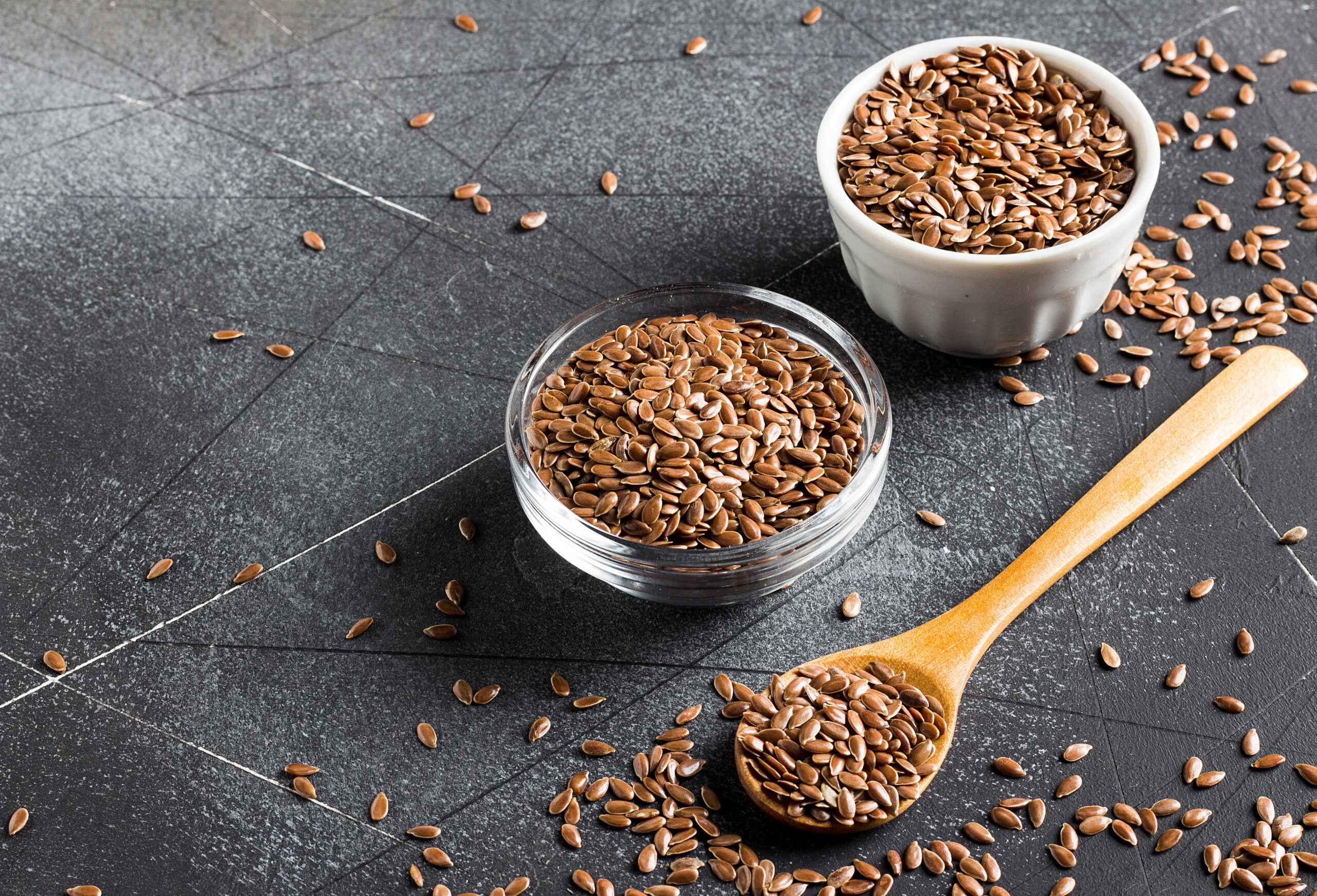
Dark chocolate and cocoa can also help treat diarrhea. However, they must be in pure form – without added sugar, which is a breeding ground for bacteria.
You should also ensure adequate hydration. In addition to water, medicinal herbs, mainly chamomile, will help. However, be careful because some of them (like mint and lemon balm) – can be irritating and cause vomiting.
Can Diarrhea be Prevented?
There are several ways to reduce the likelihood of diarrhea.
Avoid infection through good hygiene habits. It is important to wash your hands with soap and water after using the bathroom, cooking, and eating to prevent diarrhea. Thoroughly cleaning your hands can lead to substantial results in maintaining good health for yourself and your loved ones.
It is significant to keep vaccinations in mind, especially for preventing rotavirus, which can cause diarrhea. The rotavirus vaccine is administered to infants in multiple stages throughout their first year.
To avoid getting diarrhea, maintain the proper temperature for food, avoid consuming expired items, cook food to the recommended temperature, and handle all food items carefully.
Be mindful of what you consume while traveling. Drinking water or other beverages that haven’t been prepared correctly can lead to a traveler’s diarrhea. It is most likely in developing countries. There are a few tips to follow to avoid diarrhea.
Watch what you drink. It is recommended to avoid drinking tap water, using ice cubes made from tap water, brushing teeth with tap water, and consuming unpasteurized milk, dairy products, or juices. It is significant to exercise caution when consuming local street food, as well as when eating raw or undercooked meat and shellfish, as well as raw fruits and vegetables. If you’re unsure, it’s best to consume bottled water or hot beverages like coffee or tea that have been properly cooked.
Sources
- Diarrhea. NIH. https://www.ncbi.nlm.nih.gov/books/NBK448082/.
- Acute Diarrhea. NIH. https://www.ncbi.nlm.nih.gov/pmc/articles/PMC7148607/.
- Chronic Diarrhea. NIH. https://www.ncbi.nlm.nih.gov/books/NBK544337/.
- DIARRHEAL (DIARRHOEAL) DISEASES. NIH. https://www.ncbi.nlm.nih.gov/pmc/articles/PMC7252245/.
- Secretory diarrhoea: mechanisms and emerging therapies. NIH. https://www.ncbi.nlm.nih.gov/pmc/articles/PMC4786374/.
- Evaluating the Patient With Diarrhea: A Case-Based Approach. NIH. https://www.ncbi.nlm.nih.gov/pmc/articles/PMC3538472/.
- Management of Diarrhea in Infants and Children. NIH. https://www.ncbi.nlm.nih.gov/pmc/articles/PMC2218515/.
- Symptoms & Causes of Diarrhea. NIH. https://www.niddk.nih.gov/health-information/digestive-diseases/diarrhea/symptoms-causes.
- Diarrhoea associated with antibiotic use. NIH. https://www.ncbi.nlm.nih.gov/pmc/articles/PMC1914493/.
- Diagnosis of Diarrhea. NIH. https://www.niddk.nih.gov/health-information/digestive-diseases/diarrhea/diagnosis.
- Treatment for Diarrhea. NIH. https://www.niddk.nih.gov/health-information/digestive-diseases/diarrhea/treatment.
- Rotavirus. NIH. https://www.ncbi.nlm.nih.gov/books/NBK558951/.
- Influence of Flax Seeds on the Gut Microbiota of Elderly Patients with Constipation. NIH. https://www.ncbi.nlm.nih.gov/pmc/articles/PMC9590345/.
- Chocolate, “Food of the Gods”: History, Science, and Human Health. NIH. https://www.ncbi.nlm.nih.gov/pmc/articles/PMC6950163/.
- Diarrhoea and dehydration. NIH. https://www.ncbi.nlm.nih.gov/books/NBK143745/.
- Water, sanitation and hygiene for the prevention of diarrhoea. NIH. https://pubmed.ncbi.nlm.nih.gov/20348121/.




